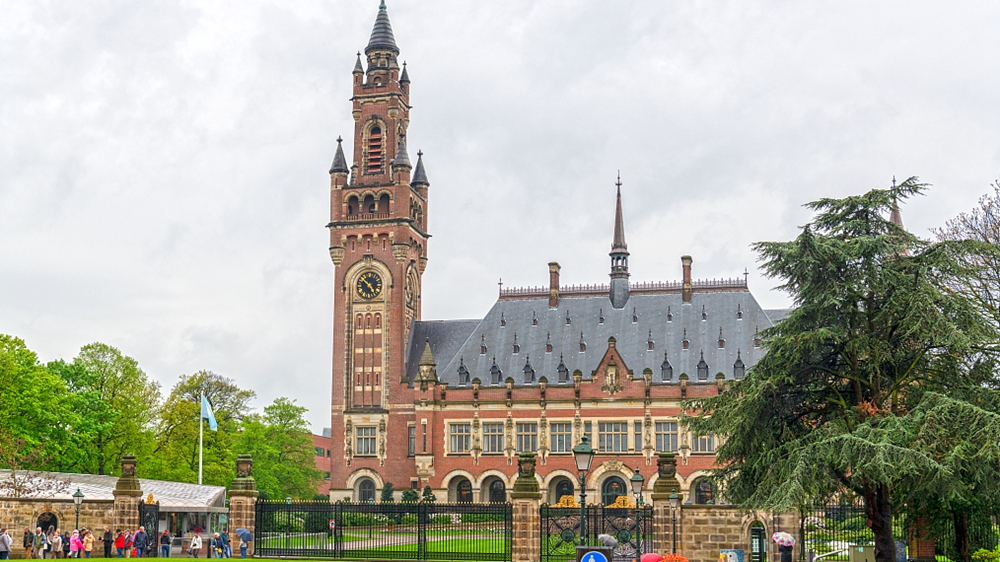
World
15:31, 13-Feb-2019
World court to rule on Iran's billions frozen in U.S.
CGTN

The International Court of Justice (ICJ) on Wednesday will give its decision on a bid by Iran to recover two billion U.S. dollars in frozen assets that the United States says must be paid to terror victims.
The U.S. Supreme Court ruled in 2016 that Iran must give the cash to survivors and relatives of victims of attacks blamed on Tehran, including the 1983 bombing of a U.S. Marine barracks in Beirut.
Iran said the U.S. decision breached 1955 Treaty of Amity with the United States, an agreement signed before Iran's 1979 Islamic Revolution severed relations between the countries.
At the last hearing on Iran's appeal in October at the Hague-based tribunal, Washington said Iran has "unclean hands" and that its alleged support for terrorism should disqualify the case from being heard.
The ICJ is the top court of the United Nations and was set up after World War II to resolve disputes between member states. Its rulings are binding and cannot be appealed, but it has no means of enforcing them.
Wednesday's ruling threatens to throw more fuel on the fire after a decision in October when the court ordered the U.S. to lift sanctions on humanitarian goods for Iran.The United States announced hours after that decision it was pulling out of the Treaty of Amity, upon which Iran had also based the sanctions case.
Tensions between Tehran and Washington are already high around the 40th anniversary of the Iranian revolution.
Iran first lodged the case on the frozen funds in June 2016, accusing Washington of seizing illegally Iranian financial assets and those of Iranian companies.
The U.S. Supreme Court ruled in April 2016 that the two billion U.S. dollars in frozen Iranian assets should be paid to about 1,000 survivors and relatives of those killed in attacks blamed on the Islamic Republic as well as the Beirut Marine barracks attack, in which 241 soldiers were killed.
The timing of the US court ruling had been particularly sensitive as it was just a year after the landmark nuclear deal with world powers which led to the unblocking of other frozen funds.
(Cover photo: International Court of Justice, April 30, 2018. / VCG Photo)
Source(s): AFP

SITEMAP
Copyright © 2018 CGTN. Beijing ICP prepared NO.16065310-3
Copyright © 2018 CGTN. Beijing ICP prepared NO.16065310-3